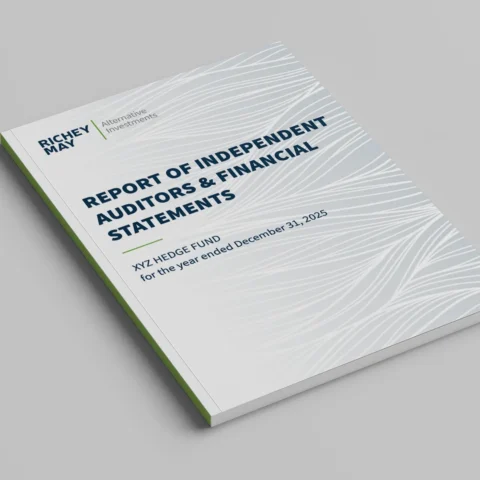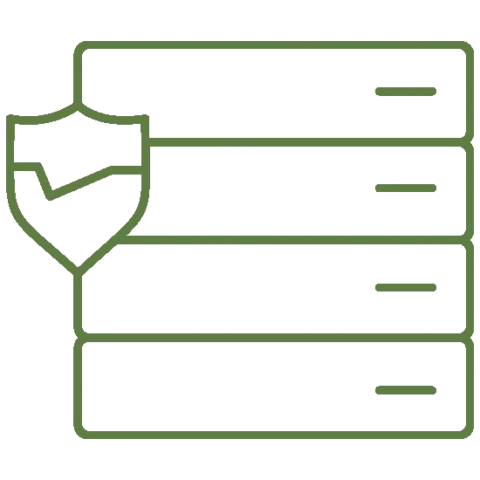August 2016
The Financial Accounting Standards Board (FASB) recently finalized the much anticipated new guidance on how to account for leases. Previously, operating leases were treated off-balance sheet with minimal understandability of the entities leasing activities. In order to increase transparency and comparability, the FASB will require entities to record lease assets and lease liabilities on the balance sheet, which will have significant impact to the accounting efforts, regulatory requirements and financial statements of mortgage banks. However, for leases with a term of 12 months or less, a lessee will be allowed to make an accounting policy election not to recognize these assets and liabilities on the balance sheet.
The distinction between a finance lease (similar to capital leases) and an operating lease will remain similar to previous lease accounting, with the exception of operating lease assets and lease liabilities being recorded on the balance sheet. It is vital for companies to understand the differences and impact of these changes as this will require adjustments in the company’s internal controls, covenant strategies, perception of their financial performance and information technology.
How a lessee will record the lease assets and liabilities
A lessee will recognize the present value of lease payments as a lease liability on the balance sheet, excluding optional period payments, unless the lessee is reasonably certain to exercise an option to extend the lease and a right-of-use asset representing its right to use the underlying asset for the lease term.
A lessee will classify leases as either a finance lease (similar to capital leases), operating lease, or sales-type lease. The recognition, measurement and presentation of expenses and cash flows arising from a lease by a lessee have not significantly changed from previous GAAP. It is important for entities to understand what type of lease they are entering into as there will be a difference of how these are recorded on the balance sheet and disclosed in the notes to the financial statements.
What about lessors?
Lessor accounting remains largely unchanged from previous GAAP. Operating leases should remain classified as operating leases and lessors should continue to recognize lease income for leases on a generally straight line basis over the lease term.
When will the update go into effect?
The FASB is providing enough time to prepare and implement the updated lease standard. Private entities have until fiscal year beginning after December 15, 2019 to comply with the standard, while public entities have until fiscal year beginning after December 15, 2018. Entities would apply the changes using a modified retrospective adjustment to the statement of financial position as of the beginning of the earliest period presented. Early application is permitted for all entities.
How to prepare now?
We recommend that mortgage companies begin evaluating their internal controls to determine the impact and resources needed to successfully implement the new leasing standard. It is imperative to begin discussions within the organization on how this will affect not only the administrative and accounting costs, but also loan covenants and regulatory requirements.
Richey May will continue to monitor and provide guidance on the new leasing standard in order for mortgage banks to prepare and smoothly transition into the new leasing standard.




